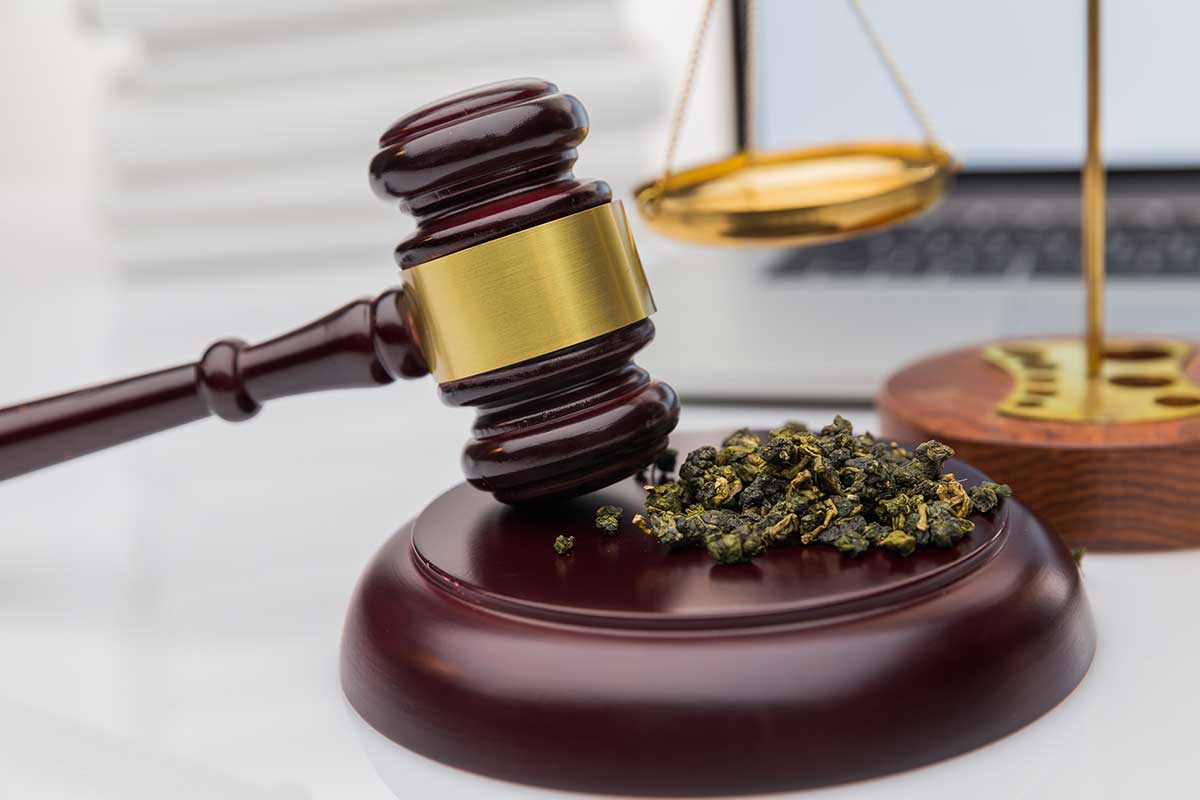Visa Waiver: How to get a Visa if you have a Cannabis arrest or conviction
Traveling to the United States of America is not always simple. This is especially true if you have a cannabis arrest or conviction. If you have ever been arrested, convicted or cautioned for any cannabis related issue you could be barred from obtaining a visa for the United States, using the Visa Waiver Program and have a difficult time being able to visit the United States.
Citizens of certain countries such as France, Germany, the Netherlands and the United Kingdom are required to apply for a visa or an ESTA (Electronic System for Travel Authorization) if they want to travel to or through the United States. If the stay will be short (maximum 90 days) and complies with the ESTA regulations, travelers can apply for an ESTA online and will receive an answer to their application within 72 hours as to whether their ESTA has been approved.
Citizens of countries not eligible to use the Visa Waiver Program may apply for the appropriate visa at their nearest US Embassy or Consulate. Whichever way an applicant will try to use to visit the United States they must answer a variety of questions when applying, including whether they have ever been arrested or convicted of criminal activities or whether they are addicted to drugs. Lying is not advisable. Not only is there is a good chance that the immigration authorities will find out but hiding information will only cause more problems such as a permanent bar from entering the US.
If you have ever been arrested or convicted for anything related to cannabis you will need to plan far ahead before deciding to travel to the United States. An ESTA application will most likely be refused as would any normal visa application. This does not mean that there are no other options. You can also apply for a waiver (often called a Hranka waiver) at the Consulate in your country of residence.
To apply for a waiver, the US Consulate looks at the risk that you pose to the United States and whether you may be considered harmful to society given your prior cannabis related offense. They consider the seriousness of your record as well as the length of time that has passed since you committed the offense. Many other factors, including why you wish to travel to the United States will be taken into account.
Waivers are a not very clear cut as discretion plays a large role in their adjudication. Because of this it is difficult to predict with certainty whether a waiver will be approved or not. Sometimes a waiver could be approved for an applicant who merely wishes to visit Disneyland whereas it may not be approved for one who wishes to visit a sick family member in the United States.
Waiver applicants should be thorough when making their application: explain in detail why you pose no risk to society and how you contribute to society in your home country (such as through work, volunteering, church etc). You may need additional documents (such as references or assessments). You will most definitely need to bring a recent copy of your full criminal record.
It is essential to show that you are not a threat to US society and, if possible, to show the cannabis related offense to be not so severe as to bar you access to the United States. Possible aspects you can highlight include your age at the time of your offense or the way in which the country of arrest treated you. You can also highlight your record since the event if it shows you in a good light.
Finally, you should explain the reason why you want to visit the United States. You should be as detailed as possible. Do not just state what you wish to do in the United States but also why you would like to do it. If you are interested in visiting for cultural reasons, explain what they are and why you personally would enjoy this.
Even if you are granted a waiver you still have to pass the Customs and Border Protection (CBP) upon arrival at the US border. They will likely want to check your documents and they can potentially still deny you entry to the country. However, you face fewer risks if you first visited the US Consulate in your home country and received a waiver.
You should always answer truthfully every time you deal with the US government, including on ESTA and visa applications. There are often ways to achieve your goals without further complicating them through misrepresentations. Waivers are one such tool.
